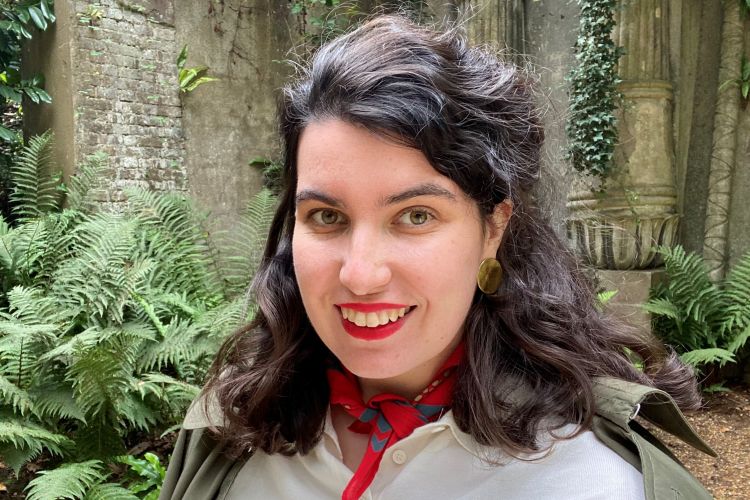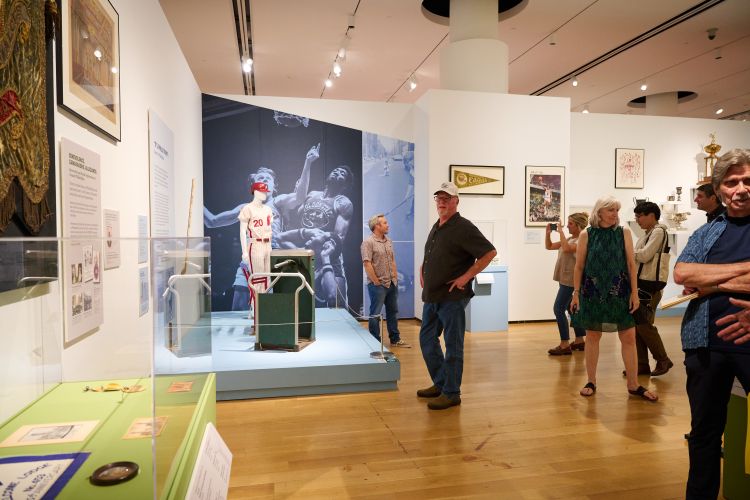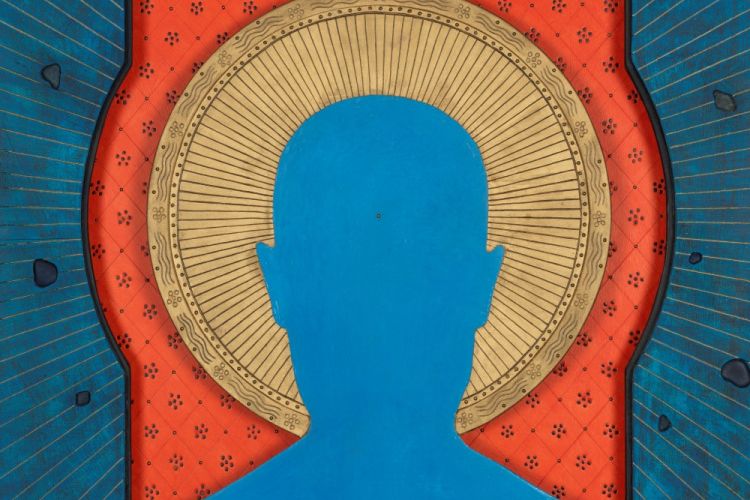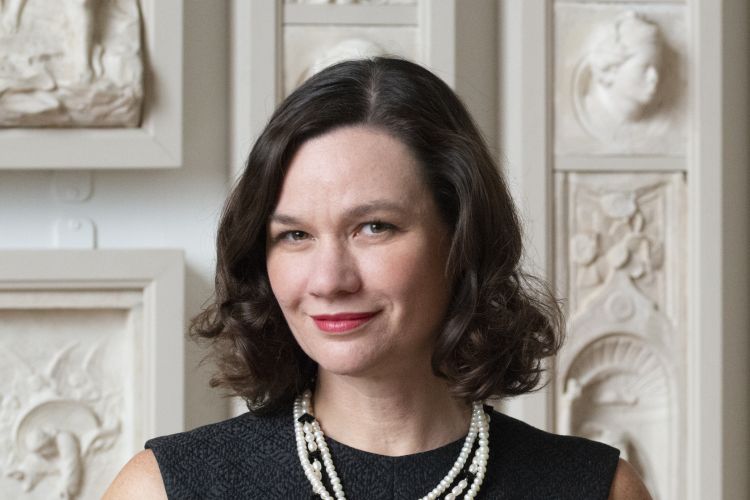Learning to be a Printmaker, a Philadelphia Tradition: A Lecture by Anthony Rosati
Join us for an enlightening lecture on printmaking by print scholar and PAFA Printmaking Professor Anthony (Tony) Rosati organized by the Brodsky Center at PAFA and funded through a generous grant from the International Fine Print Dealers Association Foundation (IFPDA).
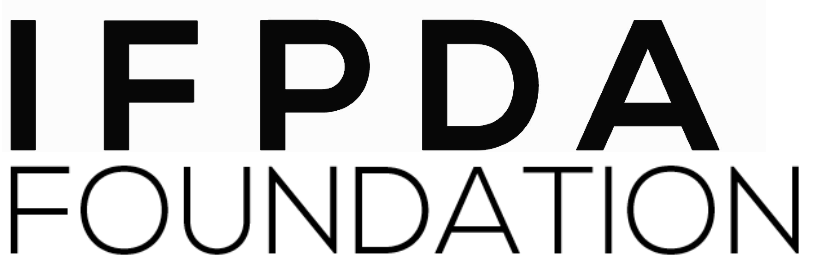
FREE AND OPEN TO THE PUBLIC with registration recommended →
Rosati presents Learning to be a Printmaker, a Philadelphia Tradition, a lecture on the legacy of how printmaking has been taught through the pedagogy applied in the Print Study Seminar offered to students at two of the most influential Philadelphia art schools, the University of the Arts and the Pennsylvania Academy of the Fine Arts. Instituted by PAFA alum, lithographer Benton M. Spruance (1904–1967) at the Pennsylvania Museum and School of Industrial Art (later know as University of the Arts) in the late 1930s, the Seminar was continued by printmakers Jerome E. Kaplan (1920–1997) and Lois M. Johnson (1942–2018), and, to this day, by Rosati at PAFA.
Rosati has developed this lecture to divulge in a first ever public presentation the history of the Philadelphia-crafted pedagogy and share it with audiences beyond the classroom walls. Over the years, the Print Study Seminar has introduced students to studying and drawing directly from actual prints seen in the Philadelphia Museum of Art’s Print Study Room, as well as at the Lessing J. Rosenwald Collection of prints, drawings, and rare books at Alverthorpe Gallery in Jenkintown, PA (now host to the Abington Art Center), followed in the classroom by the recreation of the sampled techniques in new original prints.
Rosati, whose charismatic skills at sharing his encyclopedic knowledge of the history and techniques of printmaking have encouraged generations to take on the complex medium of printmaking, will walk the public through the technical and communicative innovations in a selection of pivotal historical prints, as well as the strategies students have learned to grasp the meaning of what is a print and how to make one successfully. The lecture brings together local records accumulated over a century, along with the history of influential Western visual traditions and the parallel evolution of print techniques, from a unique perspective.
Rosati’s lecture introduces audiences to a selection of prints from the extensive Philadelphia Museum of Art’s collection of Eastern and Western early, modern, and contemporary prints by Albrecht Dürer (1471–1528), Rembrandt Harmensz van Rijn (1606–1669), Francisco José de Goya y Lucientes (1746–1828), José Guadalupe Posada Aguilar (1852–1913), Dox Thrash (1893–1965), Ben Shahn (1898–1969), Anthony Velonis (1911–1997), Margaret Burroughs (1915–2010), Mary Corita Kent (1918–1986), Andy Warhol (1928–1987), among others artists.
Learning to be a Printmaker, a Philadelphia Tradition sheds a new light on the understanding of the legacy of printmaking that permeates the arts in Philadelphia. It describes an influential teaching tradition that has been supported by the special history of Philadelphia’s cultural and academic institutions. The vitality of this method has played a prominent role in the development of a local dynamic community of printmakers and shops, including Brandywine Workshop and Archives (est. 1972), the Fabric Workshop and Museum (est. 1977), and many artist-run labs under the aegis of the Philadelphia Print Consortium (est. 2022, formerly the Philadelphia Print Collaborative, 2000–2013). The lecture documents methodologies and curricula of studio print studies at a time when the number of print departments in American art schools is shrinking as digital technologies take precedence.
Rosati is a practicing printmaker. Before starting his academic teaching career, and while studying for his MFA at Tyler School of Art of Temple University, from 1971 to 1980, Rosati was the curatorial assistant to curator Ruth Fine at the world-renowned Rosenwald Collection, prior to the collection’s transfer in 1980 to the National Gallery of Art and the Library of Congress in Washington, D.C.
This lecture presentation will coincide with PAFA’s Open Studio Night. On Friday, February 7, 5–8PM, at PAFA Hamilton Building, located at 128 N. Broad Street, in Philadelphia, all enrolled students will also open their studios to the public, free of charge. Audiences will be able to meet the students and view their work in their studios. Additionally, the PAFA’s Julie Jensen Bryan and Robert Bryan Printmaking Studio on the 6th floor will be open for viewing demonstrations of printmaking techniques, along the Brodsky Center at PAFA’s Viewing Room where selections from the collection will be featured.
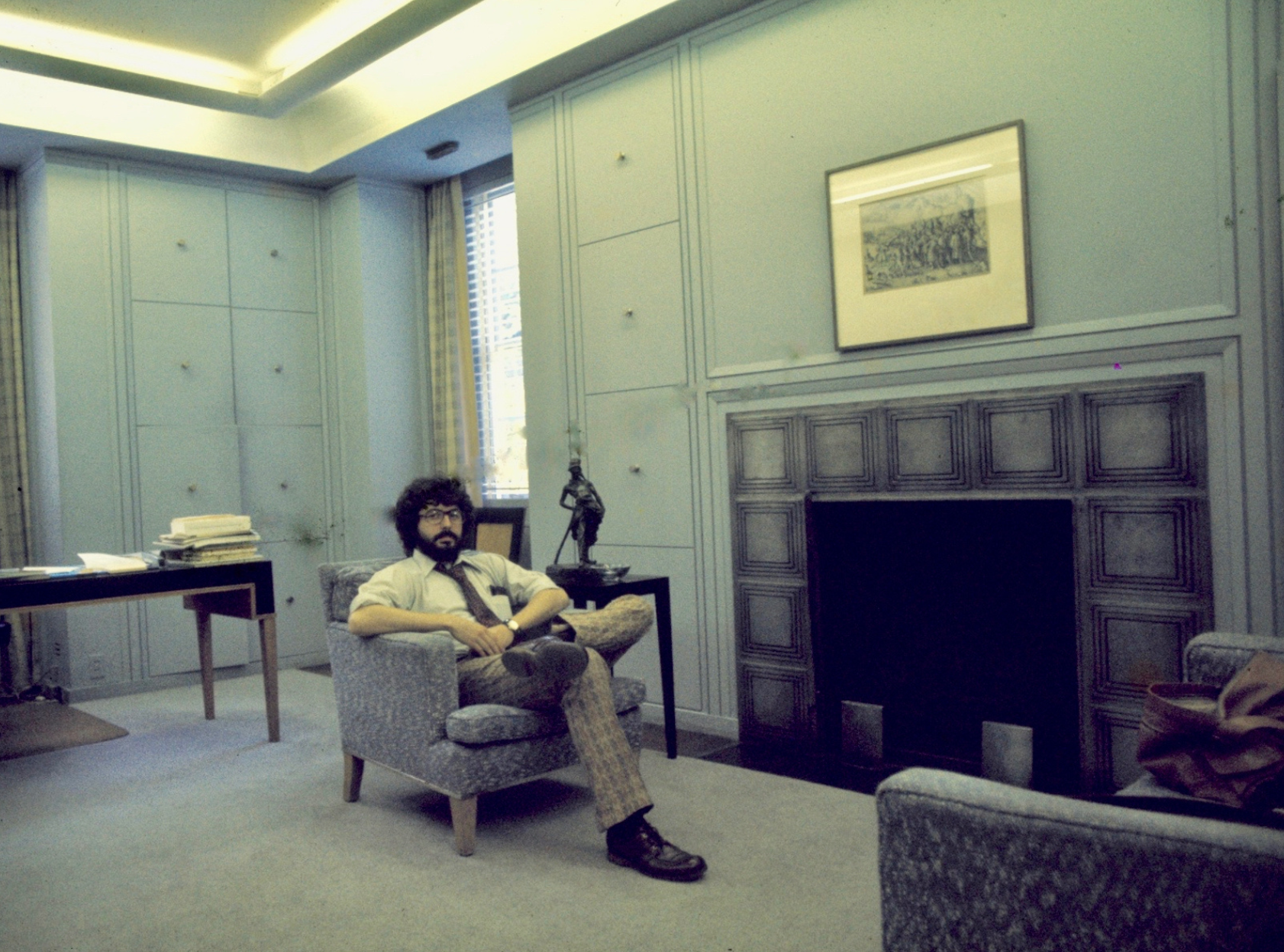 | 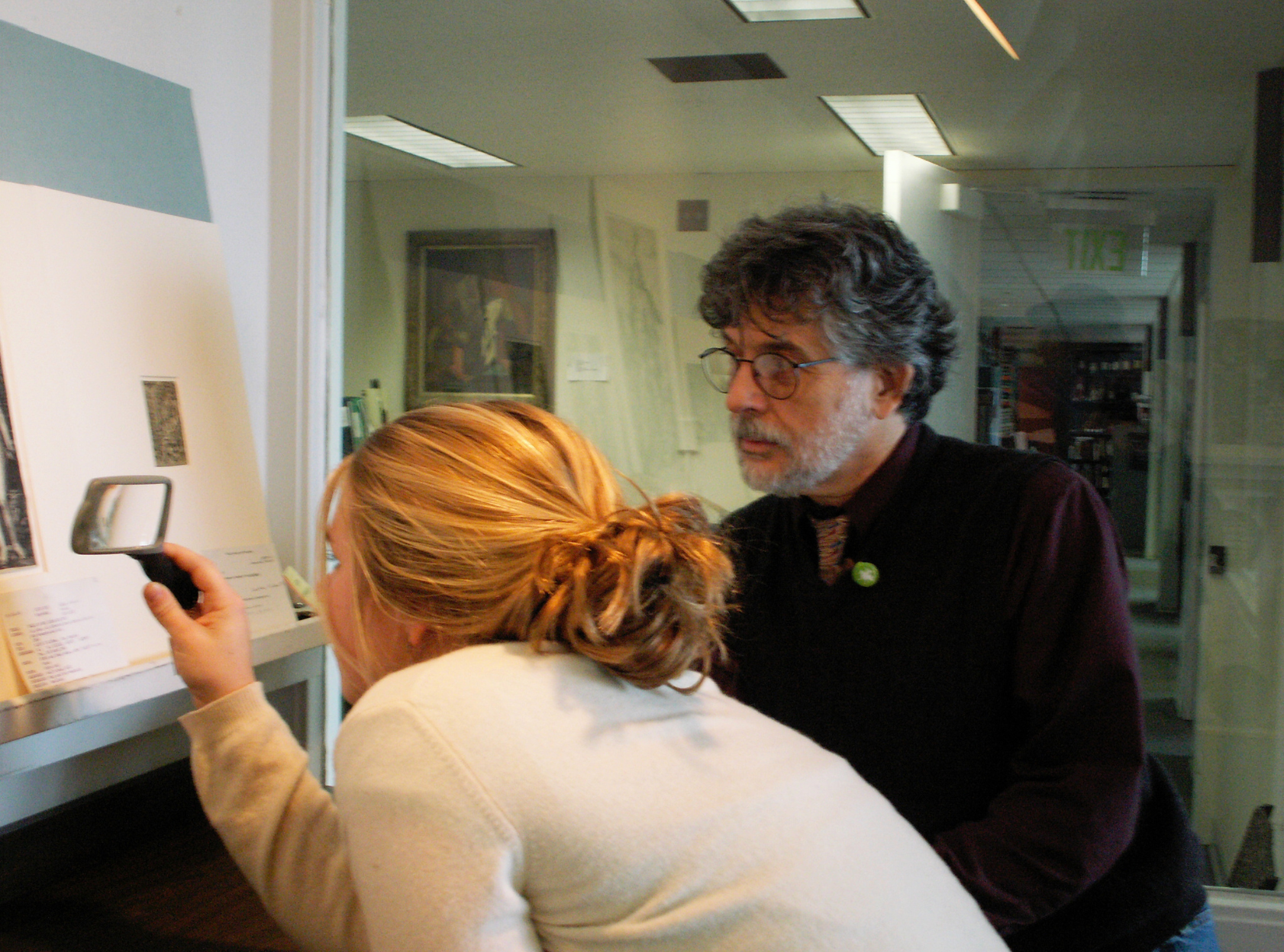 |
(Left) PAFA Printmaking Professor Anthony (Tony) Rosati, circa 1980, in his role as assistant curator at the Lessing J. Rosenwald Collection of prints, drawings, and rare books at Alverthorpe Gallery in Jenkintown, PA.; (Right) PAFA Printmaking Professor Anthony (Tony) Rosati teaching a PAFA student enrolled in the Print Study Seminar, in the Print Study Room of the Philadelphia Museum of Art’s Department of Prints, Drawings, and Photographs.
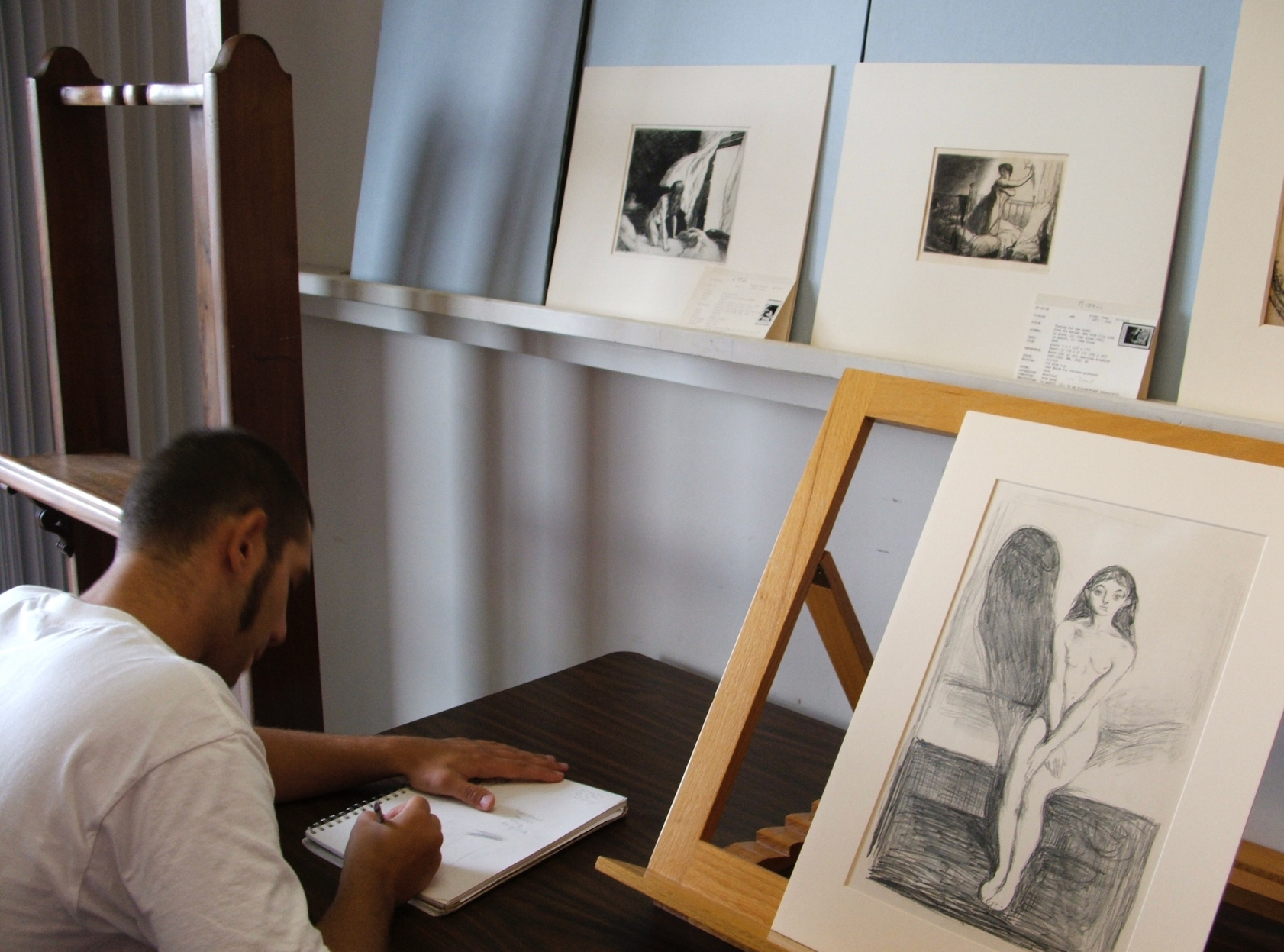 | 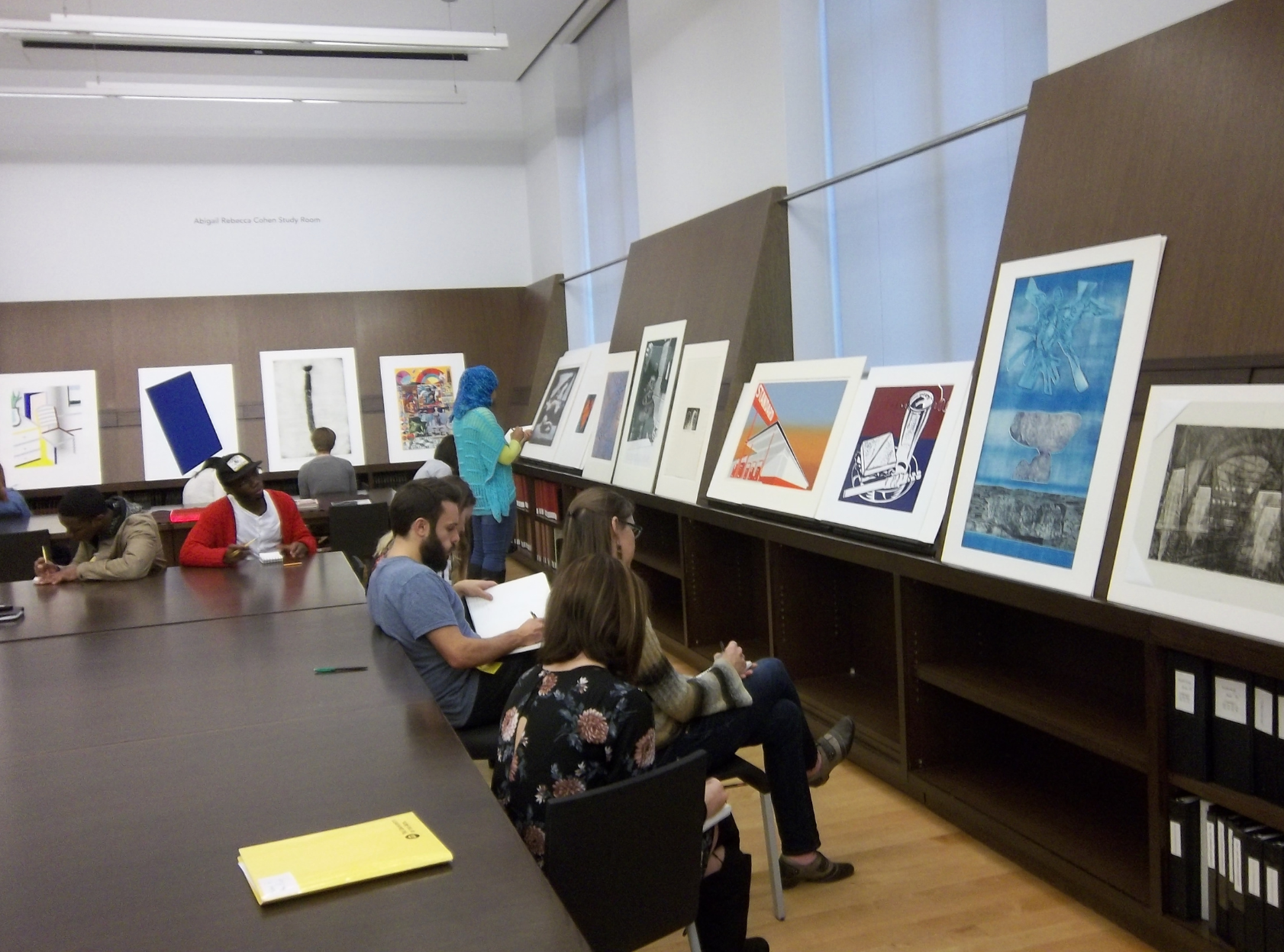 |
PAFA students enrolled on the Print Study Seminar taught by PAFA Printmaking Professor Anthony (Tony) Rosati, learning directly from historical prints in the collection of the Philadelphia Museum of Art, in the Print Study Room of the museum’s Department of Prints, Drawings, and Photographs.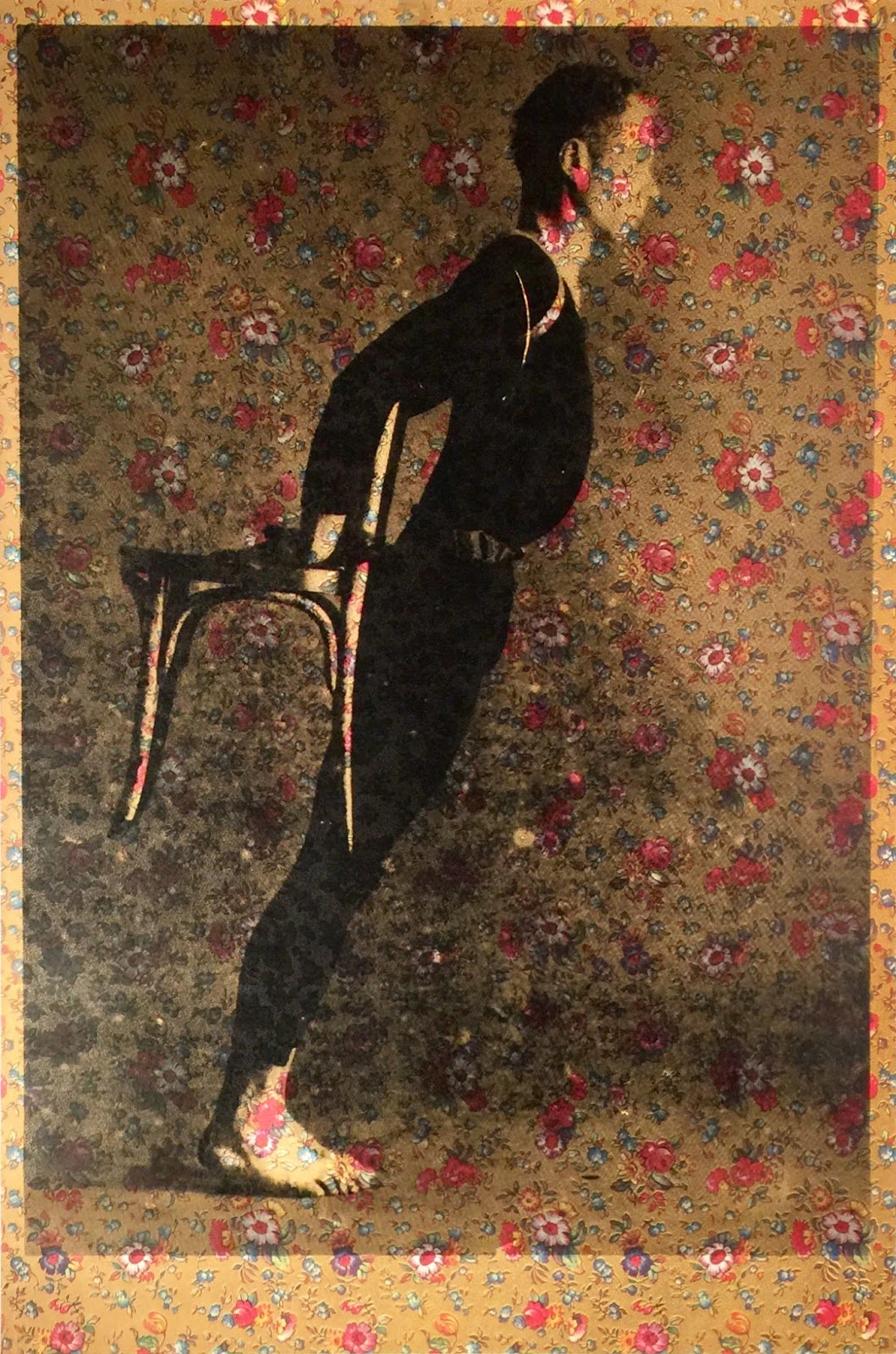
Andy Warhol (1928–1987), Merce Cunningham I, 1974, screenprint on Japanese gift wrapping paper, 30 x 20 inches, Pennsylvania Academy of the Fine Arts, Gift of N. Richard Miller, 1988.4 © The Andy Warhol Foundation for the Visual Arts, Inc. / Licensed by Artists Rights Society (ARS), New York.
Brodsky Center at PAFA
128 North Broad Street
Philadelphia, PA 19102
www.brodskycenter.org
brodskycenteratpafa@pobox.pafa.edu | 215-391-4113
Featured Image: PAFA Printmaking Professor Anthony (Tony) Rosati, circa 1980, in his role as assistant curator at the Lessing J. Rosenwald Collection of prints, drawings, and rare books at Alverthorpe Gallery in Jenkintown, PA.
